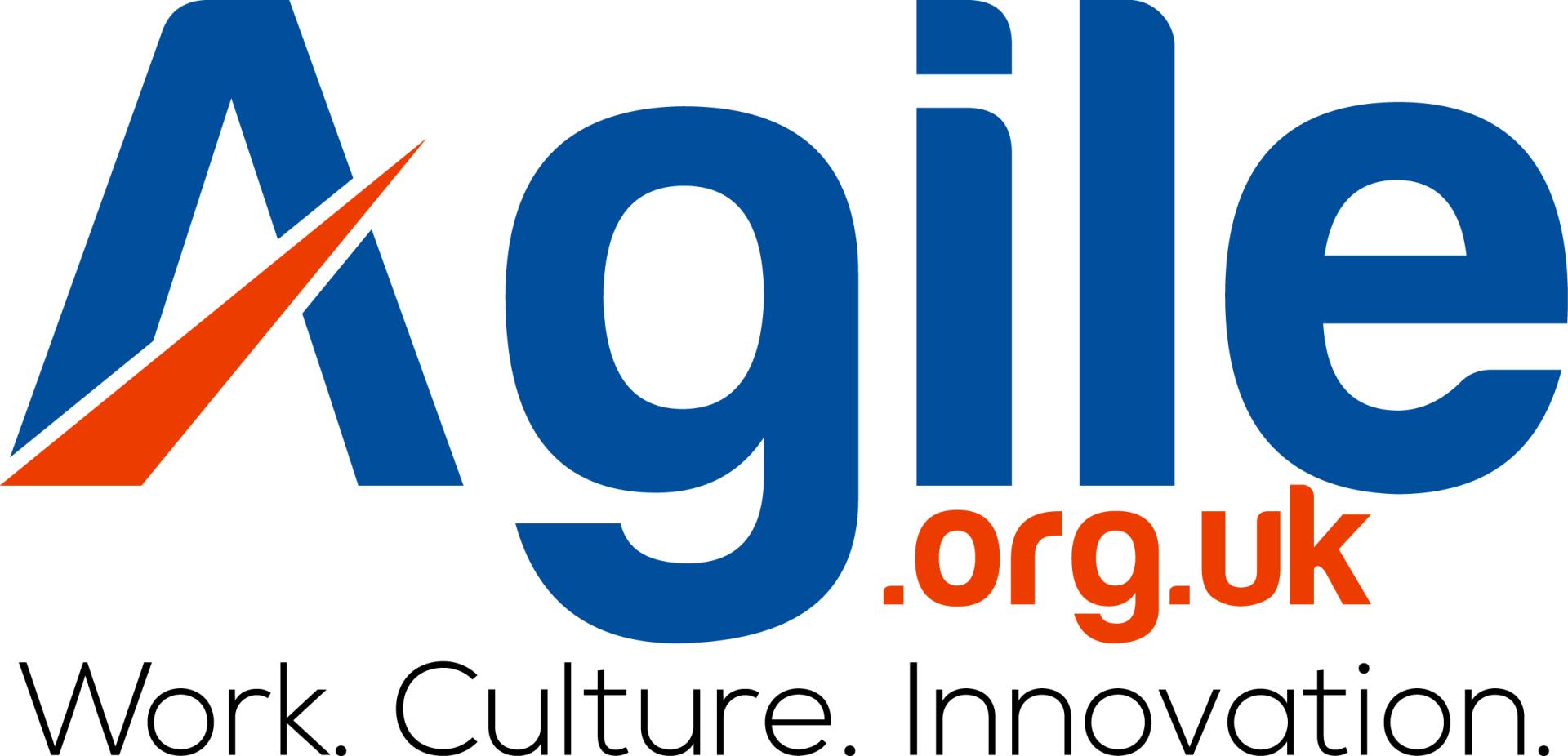Attracting skilled people is one thing. Keeping them in place is another challenge entirely. Organisations face increasing pressure as employees grow more selective about the support they receive at work. Health support is often high on that list. When employers rethink what they offer, digital health platforms emerge as a practical route to more effective, real‑time care.
These tools simplify access to support while respecting privacy and flexibility. Delivered well, they can help create teams that feel supported and valued in a consistent way. Here’s how they can help businesses strengthen long-term staff loyalty.
Health Support Helps People Stay Longer
Retention reflects how supported people feel, not just how well they perform. Burnout, stress and lack of clarity about health support push employees to look elsewhere. Approximately 63 per cent of UK workers now report symptoms of burnout, such as disengagement or exhaustion, rising from 51 per cent two years ago.
Stress levels remain high. In recent surveys, four out of five employees say they are under moderate‑to‑high stress, with younger people and women significantly more impacted. Health-related absence is also costly: nearly 10 per cent of adults took time off for mental health reasons over the past year, with almost half of all those absences stretching beyond a month.
Health-focused benefits make a clear difference. When staff feel that their wellbeing matters, they are more likely to stay. Clear, supported access to care sends a positive signal that matters long term.
Digital Health Services Are Gaining Momentum
Digital health tools are spreading through workplace benefits. Employers are integrating video GP consultations, mental health support, and health tracking into employee access points. These platforms meet expectations around ease, anonymity, and responsiveness.
Hybrid or remote setups mean someone might need care without making an appointment at a clinic. Being able to connect quickly and discretely makes wellbeing feel more manageable. That convenience directly reduces absence rates and improves how supported people feel in their roles.
When these digital systems connect with business health insurance schemes through seamless access, they reduce friction. Instead of bouncing between portals and confusing policy documents, employees can manage appointments, claims and follow‑up in one place. That translates into more usage and perceived value.
Smarter Health Cover Can Support Stronger Teams
Companies offering tailored support gain advantage. Traditional insurance systems can feel opaque. People may not want to engage if they don’t know how to use it or what it covers. Digital solutions that combine clarity and ease steer clear of that problem.
Organisations benefit when platforms guide teams through policy details, claims handling, and renewal options in simple terms. That makes the experience feel human, helpful, and deliberately useful.
MyHealthPal helps UK employers select and manage business health insurance. The service guides teams through quotes, cover levels, therapy access, policy renewals, and claims management. That kind of support delivers less internal admin strain, more benefit awareness, and a clearer sense that health support matters.
The result is an offer that encourages engagement. When people actually use the support available and it feels relevant, they stay engaged in their roles longer, helping retention and improving overall workforce stability.
Flexible Support Makes Benefits More Meaningful
Not every benefit suits every person. Standard packages rarely satisfy diverse needs. Digital health platforms allow for personal choices such as therapy, GP consultations, physical health tools or wellness content. Providing choice shows employers recognise individual priorities.
Tailoring doesn’t have to mean complexity. If setup is deliberate and intuitive, people feel confident navigating options. Employers who support mental health, private appointments and resources within a single platform often see higher engagement rates and stronger retention signals.
Flexibility linked with ease of access builds trust. Staff who engage with these tools consistently report feeling better looked after, relevant and ready to commit for the longer term.
Proof That Benefits Are Working
Tracking effectiveness is essential. Engagement numbers tell something, but direct feedback gives clearer insight into whether support feels valuable.
Surveys can reveal ease of use, perceived relevance and satisfaction with health benefits. Do people know how to access them? Do they find them useful? Would they speak positively with colleagues about them? Those insights can drive improvement.
Retention data confirm the impact of targeted support in practice. NHS employee retention schemes reduced exits from 12.5 per cent in 2022 to 10.1 per cent in the year to September 2024, roughly 21 300 fewer leavers.
People Insight found that 72 per cent of employees expect to still be with their employer in two years’ time. That suggests many stay in roles where wellbeing matters. Collecting both quantitative and qualitative feedback delivers a more complete picture, helping employers evolve benefits where they matter most.
Support Long-Term Success With Better Health Tools
Improving retention relies on resonance. People notice health support that fits their routine and responds to their needs. Digital health platforms make support constant, personal and accessible. Organisations using them effectively bring clarity, variety and reliability to how care is provided.
Platform‑based models align well with business health insurance. Clear, easy access improves usage. When people know benefits exist and can reach them without friction, engagement rises. That builds confidence and loyalty. Using data to refine delivery, encouraging feedback from teams, and promoting options in a consistent way creates real momentum. Supported, valued people stay longer.
Organisations that invest in health‑savvy benefit models win trust and loyalty. Tools that simplify care access, offer choice and help employees act when they need it show commitment beyond pay or role perks. That clarity matters.












